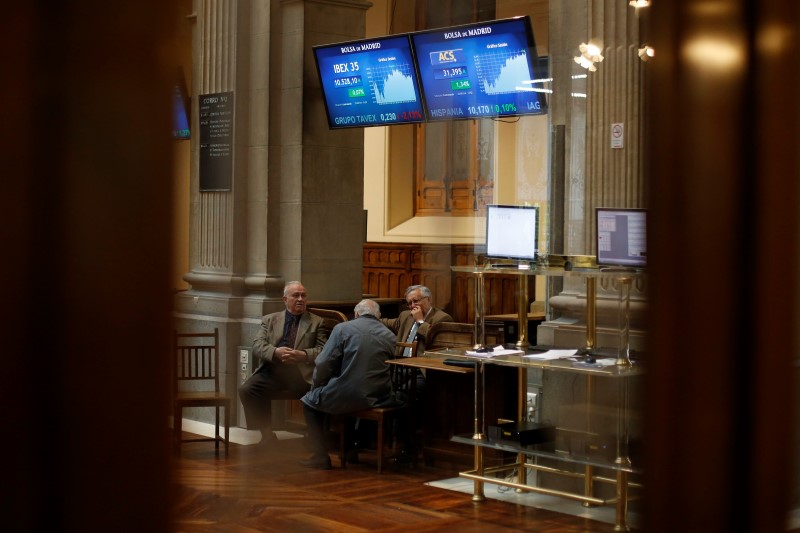In a detailed report, blockchain researchers discussed the promises and challenges of Ethereum (ETH) having concurrent block proposers. A new concept would protect transactions from being censored by malicious validators, but still needs some further engineering and economic evaluations.
Advertisement
Multiple Ethereum (ETH) block proposers to prevent censorship: Research
Yesterday, on Feb. 23, 2023, the Concurrent Block Proposers in Ethereum thesis was published by SMG head researcher Max Resnick and Ethereum Foundation’s Mike Neuder. The paper covers the prospects of increasing the number of proposers in a single PoS Ethereum (ETH) slot.
As of today, a block proposer has unilateral authority over the set of transactions included during a 12-second slot. Thus, it can alter the list of transactions, making the second largest blockchain vulnerable to censorship.
By contrast, with two proposers, there are four possible outcomes for a block slot, ranging from both proposers successfully sharing their blocks to neither proposer presenting a block.
This variety impacts the blockchain’s fork choice and requires adjustments to existing mechanisms like proposer boost. A malicious entity controlling both proposers in a slot could attempt to split the chain by manipulating the timing of block proposals, but the probability of this happening decreases exponentially as the number of required malicious proposers increases.
As a result, the cost of censorship increases with every new proposer active. However, due to the nature of Ethereum’s slot, block and attestation design, the problem of switching toward multiple proposals needs further engineering and economical research.
Ethereum (ETH) validator design might change in 2024
Also, the researchers stressed that the problem of the significance of a potential upgrade to low-priority (“censored”) transactions remains an open question.
As covered by U.Today previously, Ethereum (ETH) might see more validation design changes in 2024 post-Dencun upgrade.
Yesterday, on Feb. 23, it was announced that the problem of validator deposits was added to the agenda of the Electra hard fork expected in Q4, 2024-Q1, 2025.







